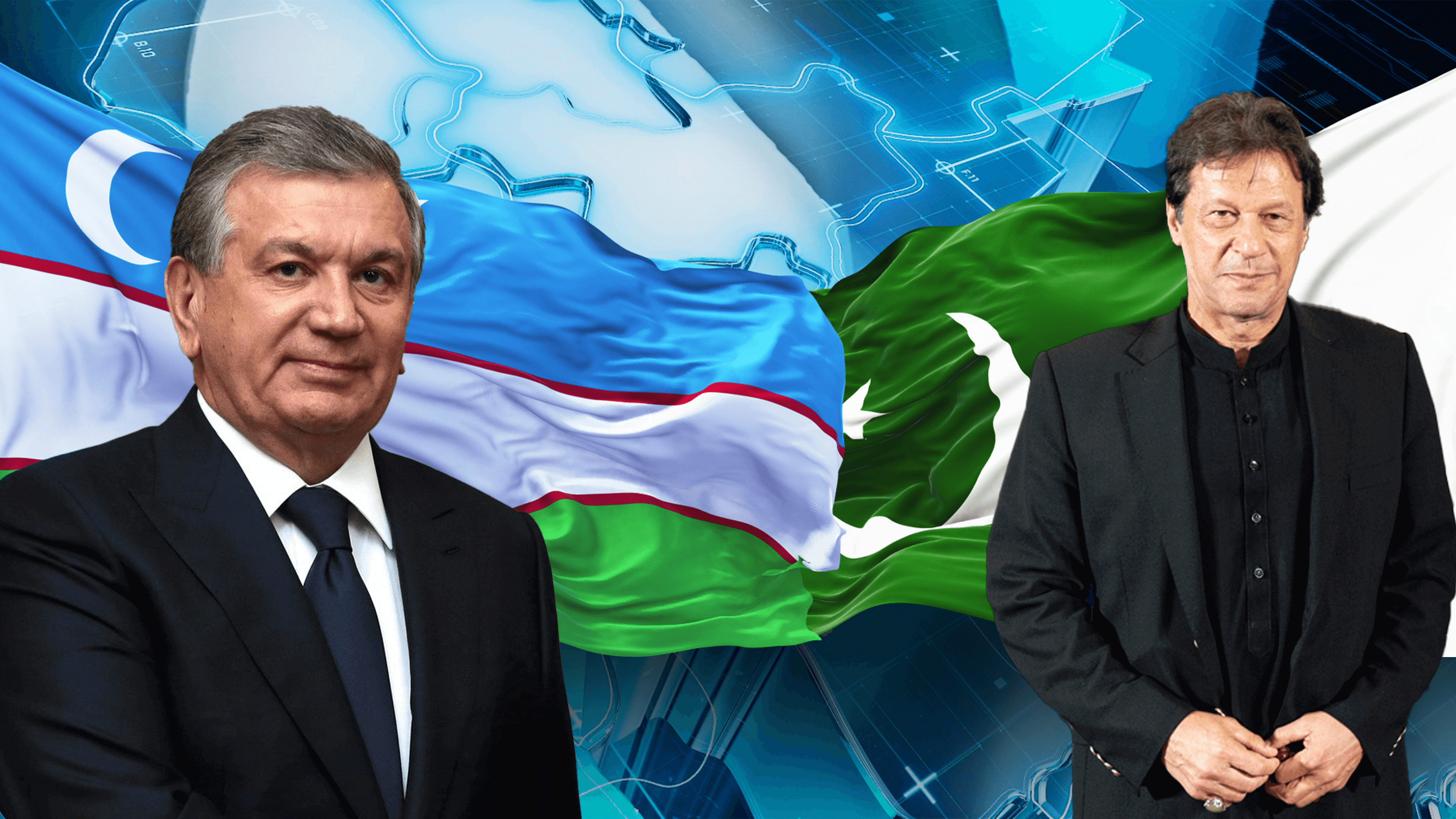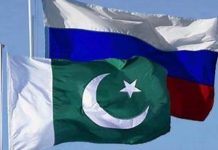The proposed regional energy projects will pass through Afghanistan before reaching the final destination, which is yet another reason that the neighboring countries and especially those that are part of all such projects, must ensure that peace and stability return to Afghanistan. The upcoming Central and South Asia moot therefore has acquired an added significance and relevance.
Ansar Mahmood Bhatti
ISLAMABAD: The Central Asian region is becoming more and more important not only for the Central Asian states but for the neighboring countries such as China, Pakistan, Iran as well because of its geo-political significance. Central Asia is enriched with natural resources besides its being located at the crossroads of the region between East and the West. Central Asia has been facing some serious challenges including terrorism and extremism since long. Many great powers have huge interest in the region therefore it was necessary to put together all these powers with a view to devising a consensus policy and reaching an understanding to usher in a new era of peace and prosperity especially in the context of Central and South Asia. In view of these ground realities President of Uzbekistan Shavkat Mirziyoyev decided to convene an international conference in order to not only secure and ensure regional peace but mull collective efforts to promote intra-state trade and economic activity besides laying special focus on regional and intra-regional connectivity.

President Mirziyoyev ever since taking charge of the office has been working whole-heartedly and zealously for regional connectivity and peace. While his attention remains on ameliorating the lot of his people by introducing a number of reforms, President Mirziyoyev, on the international front too has led various initiatives. He spearheaded a similar conference on Afghanistan as well for the Uzbek leadership is well aware of the fact that until and unless peace and normalcy return to Afghanistan, regional peace will remain elusive. Uzbek leadership maintains a principled position that there is no military solution to the Afghan issue and Afghanistan must be the integrated part of Central Asia. Uzbekistan therefore has rightly been supporting all forms of negotiations whether it be the Doha process; Turkey initiative etc. Uzbekistan was the first country to establish direct contacts with the Taliban, albeit it was criticized at that time as if the Uzbek leadership had recognized Taliban. Uzbek leadership strongly believes that regional countries such as Pakistan, Uzbekistan, and Iran can play and should play a role to help Afghanistan have peace. International community must also extend its full support to achieve this end.
Perhaps that is why the Uzbek President decided to lead from the front by convening the Central and South Asia conference where leaders of the region would sit together and mull ways and means in order to not only spur pace of regional cooperation but ensure connectivity as well. The President of Uzbekistan Shavkat Mirziyoyev proposed an initiative to strengthen regional connectivity in the context of the new open foreign policy strategy of Tashkent. The idea is aimed at further deepening economic cooperation in Central Asia, with access to South Asia, which has historically been closely linked to our region in economic, social, cultural and civilizational dimensions.
The High Level International Conference ‘Central and South Asia: Regional Connectivity. Challenges and Opportunities’ is intended to form a political and expert platform for multilateral discussion of the mutually beneficial strategic model ‘Central Asia – South Asia’ in transport and logistics, energy, trade, industry, investment, technological, cultural and humanitarian domains. The conference will consist of an opening ceremony, a plenary session, three breakout sessions and a final part. The conference will be attended by more than 250 participants from over 40 countries and international organizations who have confirmed their participation. Over 90 journalists and other media representatives will be in Tashkent to cover the conference.
During the meeting, it is foreseen that the Secretary-General of the United Nations António Guterres and the President of the Republic of Uzbekistan Shavkat Mirziyoyev, as well as the heads of foreign states and governments and ministers of foreign affairs and international financial organizations will make their addresses. The session will also consider the state of affairs and prospects of interregional cooperation in Central and South Asia, successful examples of cooperation, promising interconnected infrastructure projects.
Prime Minister of Pakistan Imran Khan has already confirmed his participation in the conference. Pakistani PM’s presence in the conference is a clear manifestation on the part of the Pakistan govt that it genuinely believes in peace in the region and would like to be part of all initiatives meant for regional connectivity and stability. It is in this backdrop that when the Uzbek President extended an invitation to Prime Minister Imran Khan, he immediately accepted it, which was a unique gesture of brotherhood towards Uzbekistan because by and large the Prime Minister does not travel abroad frequently. Let us hope the conference is able to achieve the desired results particularly when the US and other forces have already left Afghanistan and the emerging situation makes it incumbent upon all stakeholders to put their heads together in order to find a solution. Afghanistan ostensibly holds key when it comes to regional peace and stability. The proposed regional energy projects will pass through Afghanistan before reaching the final destination, which is yet another reason that the neighboring countries and especially those that are part of all such projects, must ensure that peace and stability return to Afghanistan. The upcoming Central and South Asia moot therefore has acquired an added significance and relevance, in this perspective.

















